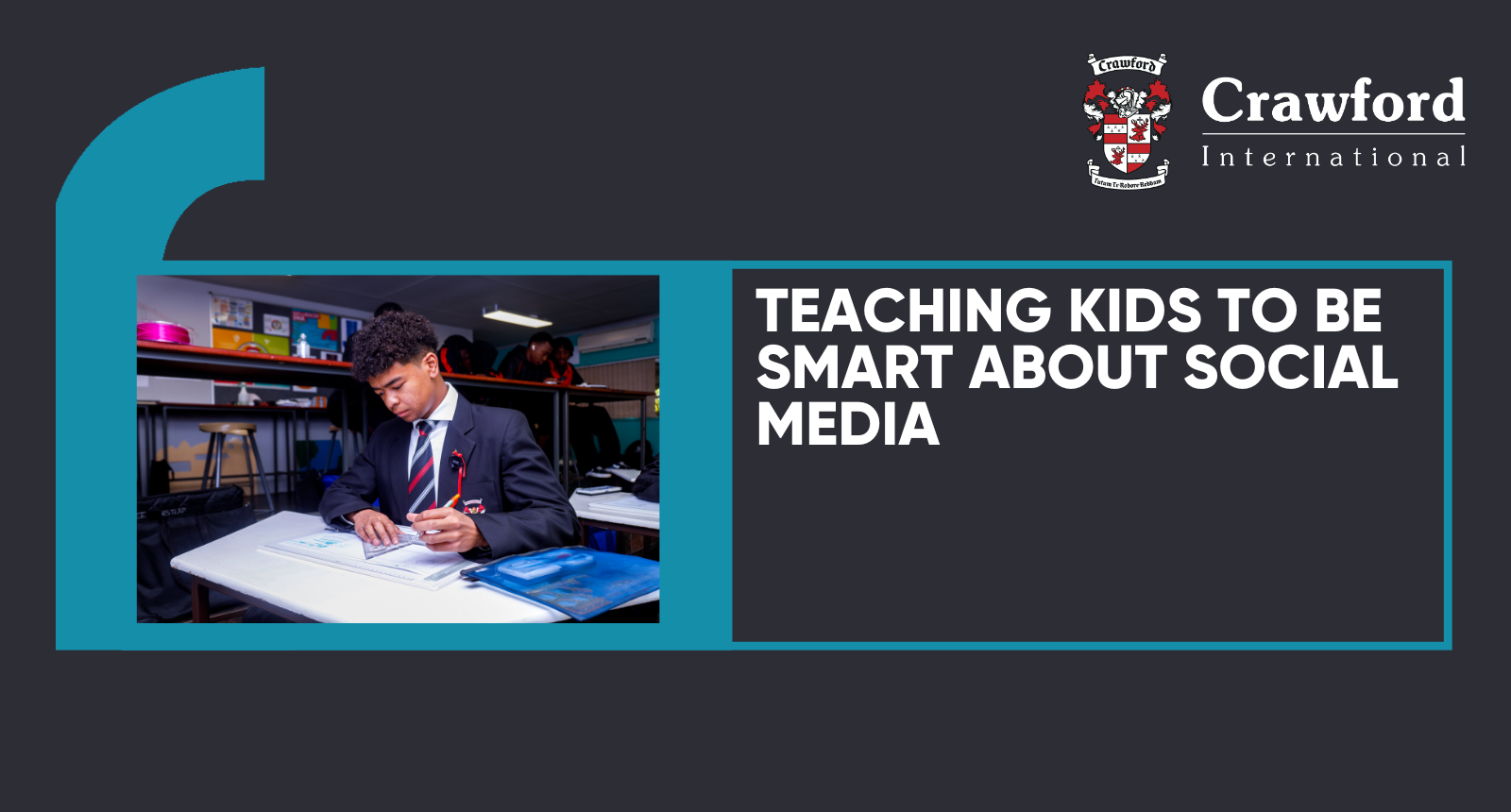The Power of Warm Demanders in Education and Their Impact on Student Outcomes
February 21, 2025
In today’s dynamic educational landscape, where the emphasis on both academic excellence and emotional intelligence is paramount, a nuanced teaching approach known as the warm demander has emerged as a catalyst for student success. This philosophy transcends the outdated dichotomy of strict discipline versus lenient encouragement; instead, it fosters a balanced environment where high expectations and relational warmth coexist, driving meaningful student engagement and achievement.
Defining Warm Demanders in the Classroom
A warm demander is an educator who blends unwavering support with consistently high expectations, creating an environment that challenges students while offering them the necessary emotional scaffolding to thrive. Rather than enforcing discipline through authority alone, warm demanders cultivate respect through fairness and relational depth; they demand excellence but accompany this with genuine care and understanding. As Bondy and Ross (2008) highlight, this approach nurtures responsibility, resilience, and autonomy among learners.
In practical terms, a warm demander might push a student to persevere with a difficult problem while simultaneously offering encouragement, acknowledging the effort involved, and providing the resources necessary for success. This dual focus on expectation and empathy shapes students into independent thinkers who are capable of managing both academic challenges and personal growth.
The Key Characteristics of Warm Demanders
The effectiveness of warm demanders lies in their ability to integrate seemingly opposing qualities into a cohesive teaching strategy. The following characteristics define their approach:
- Uncompromising High Expectations: Warm demanders believe that every student is capable of excellence; they set ambitious academic and behavioural standards without compromising on quality or effort.
- Relational Warmth and Trust: They build meaningful relationships with their students, fostering mutual respect and understanding. This relational foundation allows students to feel safe while navigating academic challenges.
- Cultural Responsiveness: Recognising the diverse cultural backgrounds of their students, warm demanders adapt their teaching practices to be inclusive and culturally affirming (Gay, 2010).
- Constructive Discipline: Rather than resorting to punitive measures, these educators use discipline as a form of positive reinforcement; boundaries are established, but every correction is accompanied by guidance and support.
How Warm Demanders Positively Influence Student Outcomes
Students taught by warm demanders benefit from an environment where both accountability and compassion coexist. Research suggests that high expectations paired with strong teacher-student relationships result in improved academic outcomes and increased motivation (Irvine & Fraser, 1998). When students perceive that their teachers genuinely believe in their potential, their confidence grows; this sense of belief often translates into greater perseverance and academic success.
Furthermore, warm demanders foster critical life skills beyond academics. Traits such as resilience, self-discipline, and adaptability are cultivated as students learn to face challenges head-on while knowing that support is readily available. A strong sense of belonging also emerges from these relationships, which research has linked to higher retention rates and overall student well-being (Osterman, 2000).
Challenges and Best Practices for Teachers Adopting This Approach
While the warm demander model offers numerous benefits, adopting this teaching style requires a delicate balance that can be challenging to maintain. Educators often face several obstacles:
- Balancing Authority with Compassion: Striking the right balance between maintaining high standards and nurturing a supportive environment requires ongoing self-awareness and adaptability.
- Cultural Misinterpretations: Without cultural competence, educators risk misunderstanding student behaviour or inadvertently imposing biased expectations. This underscores the need for culturally responsive teaching strategies. To overcome these challenges, teachers can embrace several best practices:
- Prioritising Relationship Building: Establishing genuine connections with students lays the foundation for trust and mutual respect.
- Consistency and Fairness: Applying expectations uniformly while acknowledging individual needs ensures students perceive their teacher as both fair and supportive.
- Reflective Practice: Regularly assessing one’s teaching methods and adapting to students’ evolving needs is essential for long-term success.
A Transformative Shift in Modern Education
Warm demanders represent more than just an educational philosophy; they embody a transformative approach that empowers students to embrace academic rigour with confidence and resilience. By nurturing relationships and setting high expectations, educators can create a learning environment that challenges students intellectually while supporting them emotionally.
In a world where education must prepare students not only for academic achievement but also for real-world challenges, the warm demander approach stands as a powerful tool for fostering capable, compassionate, and resilient learners.












